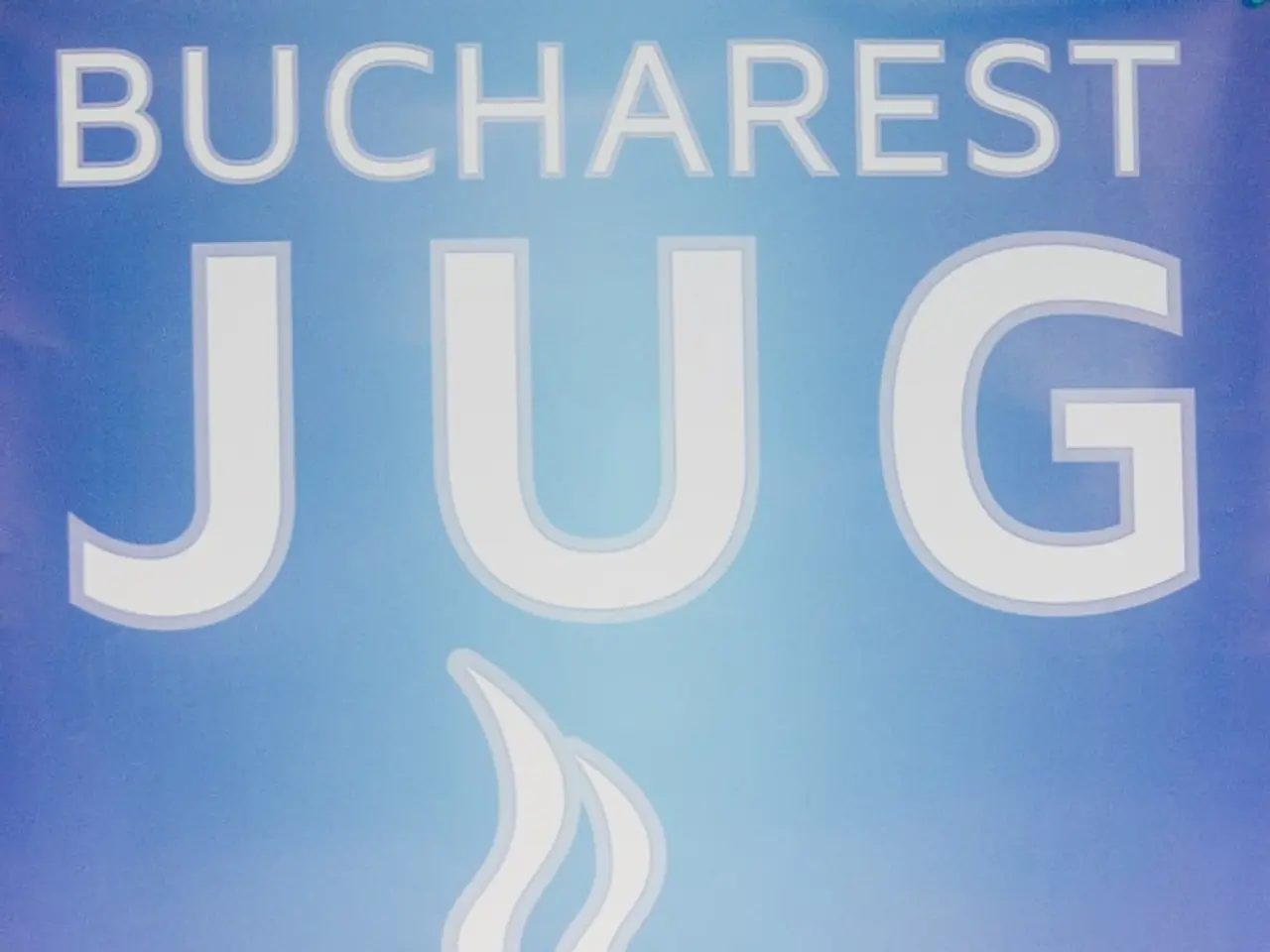Turo proposes legislation lowering auto insurance standards for shared vehicles
New York's Car-Sharing Industry Lobbies for Lower Liability Insurance Requirements
The peer-to-peer car-sharing industry, led by Turo, is advocating for a new bill in New York to reduce liability insurance requirements. This proposed legislation could have significant implications for ride-share giants like Uber and traditional rental car companies.
After returning to New York in 2021, following the approval of a law establishing a $1.25 million liability insurance requirement, Turo and other car-sharing businesses are pushing for change. Under the current law, car-sharing companies like Turo must provide supplemental liability insurance of at least $1.25 million, while traditional rental car companies do not have this requirement.
State Sen. James Skoufis and Assembly Member David Weprin, who previously voted in favour of the legislation, are now advocating for a new bill to reduce the liability insurance requirements for car-sharing companies. The bill, if passed, would treat car-sharing companies like traditional rental car companies regarding liability coverage.
Proponents of the bill argue that lower insurance requirements could make it easier for more people to participate as car owners or renters, potentially lowering costs and expanding options beyond traditional rental firms. They believe that this change is needed to keep car-sharing companies in New York and create parity with the traditional rental car industry.
On the opposing side, critics highlight the risks of inadequate insurance coverage for significant accidents caused during P2P rentals. Many personal auto insurers exclude coverage when the vehicle is rented out, and the insurance companies offering coverage through P2P platforms may have limits insufficient to cover severe claims. There are concerns that lowering liability coverage could leave renters, vehicle owners, and accident victims underprotected financially, increasing the exposure to costly lawsuits or damages outstripping policy limits.
Turo, the largest car-sharing company operating in New York and the driving force behind the proposed legislation, has been lobbying for rule changes or their specific bill for several years. They have spent over $100,000 on lobbying between January and April this year. The proposed bill would remove the requirement for additional insurance for car-sharing companies, bringing liability coverage as low as $25,000, similar to the coverage for traditional rental car companies.
The car-sharing industry's history of controversy in New York includes a suspension of operations by Turo (then called RelayRide) in 2013 in response to concerns about misrepresentation of insurance impact. Another car-share company, GetAround, left the state last year due to costs related to insurance requirements.
The debate about lowering liability insurance requirements for P2P car sharing in New York pits pro-market growth and consumer access advocates against risk-averse stakeholders emphasizing sufficient financial protection and market stability. Changes could stimulate ride-sharing competition and usage but may also expose users and providers to greater financial risk if insurance coverage is insufficient.
References:
- Car-sharing legislation in South Carolina
- Insurance implications of car sharing
- Car sharing and insurance
- Turo's insurance plans
- New York's car-sharing regulations
- In the ongoing debate, supporters of the new bill argue that lower liability insurance requirements for car-sharing companies in New York could stimulate growth in the finance and technology sectors, as well as enhance business opportunities by providing more affordable options in the general-news landscape.
- Critics, on the other hand, express concern that such changes might expose car-sharing participants to unforeseen risks in the politics domain, especially when it comes to potential legal battles and high costs associated with inadequate insurance coverage during severe accidents.




